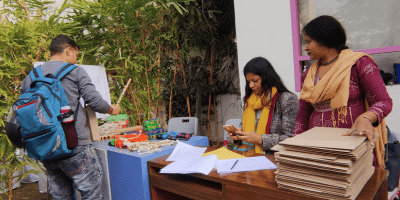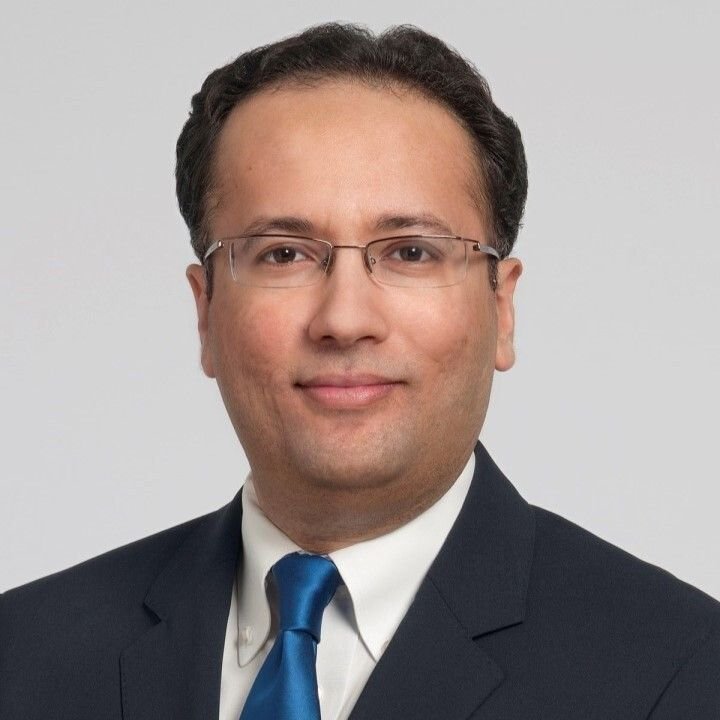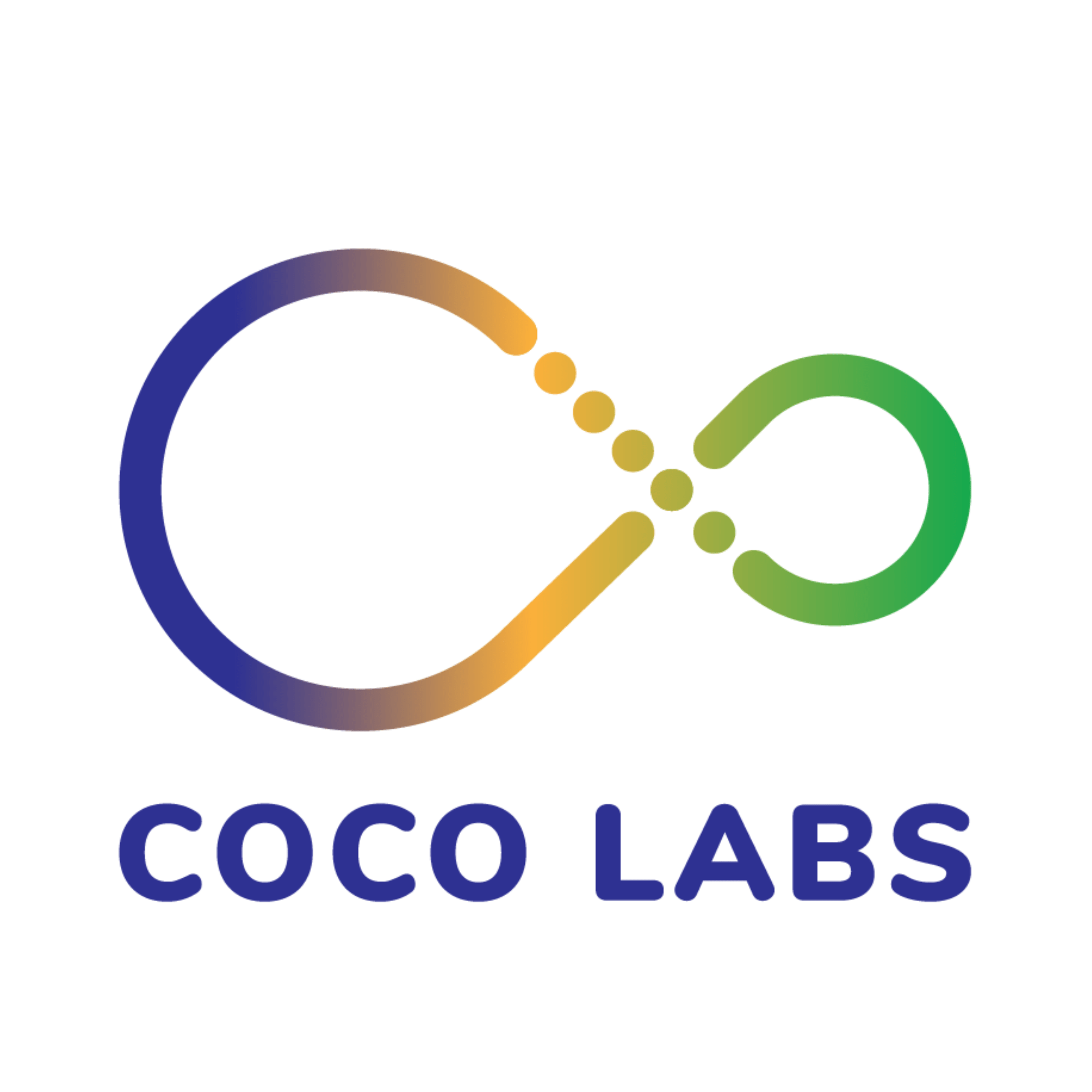
Chris Underhill
Social Entrepreneur and Professional Mentor
Chris Underhill MBE is a social entrepreneur and professional mentor. He has worked in the field of the Wellbeing, Resilience, and Mental Health since he started Thrive in 1978 (www.thrive.org.uk). The organisation provides to this day an opportunity for many people with different needs to benefit from gardening and horticulture whether as a hobby or a vocation. Chris is a serial social innovator and has established many organisations over the years in addition to Thrive. To give several examples: Action on Disability and Development (ADD), working in the developing world with disabled people creating systems of representation, advocacy, and policy creation. BasicNeeds in the field of community mental health worldwide, and citiesRISE in the field of mental health and the big city.
He has founded several other organisations as well, but coming up to date, he Chairs the Mental Health Collaboration of Catalyst 2030 and is cofounder of the Elders Council for Social Entrepreneurs. The Elders Council for Social Entrepreneurs gives practical support to founders as they make successions within and away from their organisations as well as the encouragement of younger social entrepreneurs as they field the complex challenges and transitions that inevitably confront them.
Chris is a well-known and sought after professional mentor and his practice, Mentor Services, has been carefully nurtured since 2000. Chris has been married to Giselle for 52 years, and they have three grown-up children and six grandchildren. He is an Elder of the Wellbeing Project and attended the Wellbeing Summit in Bilbao working on both Eldership and Mental Health within the wider context of Wellbeing. He is a recipient of the Skoll Award for Social Entrepreneurship, an awardee in Social Entrepreneurship of the Schwab Foundation, and a Senior Fellow of Ashoka. In 2000 he was honoured with an MBE by HRH the Queen for his work in disability and development.
Click here to learn more about Mentor Services.
Connect with Chris Underhill on social media :



















































